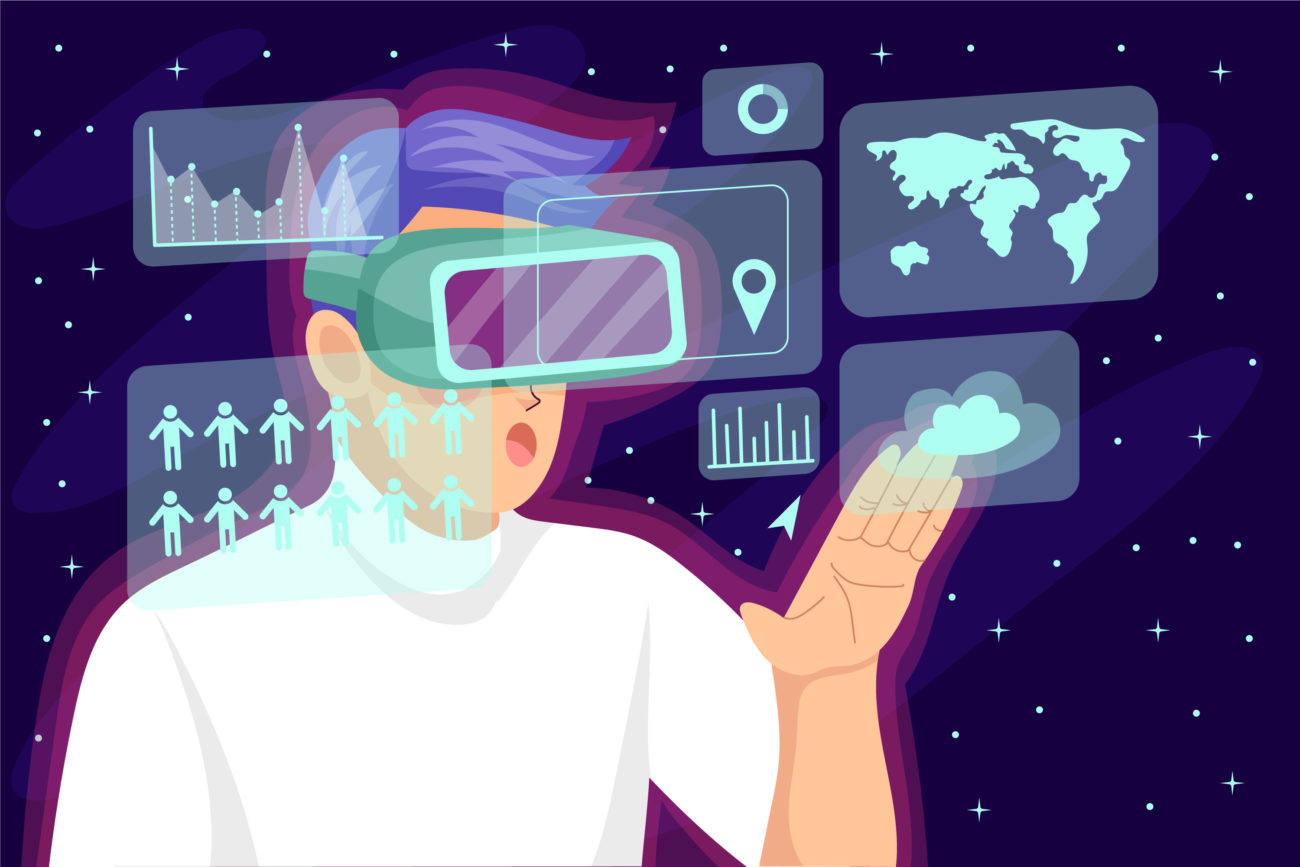You’ve likely heard by now that Facebook has changed their company name to Meta. While users seem to have reacted to the news with a shrug, those with an interest in branding and marketing might be scratching their heads. Why change such a well-known name to something abstract and, frankly, much more difficult to understand?
What Does “Meta” Mean?
Meta is a prefix meaning “transcending” or indicating that a term refers to itself. Confusing enough? Here’s an example: “metadata” is contained within and provides context or information about a piece of data. So, when a DSLR camera takes a digital photograph, that image file comes bundled with metadata letting savvy users know when the photo was taken, what camera was used with what aperture and shutter speed, and often even the location.
What is the Metaverse?
Depending on your definition, the Metaverse has existed in some form since the late ‘70s (text-based “worlds” called Multi-User Dungeons), the ‘80s (2-D virtual chatrooms like Worldsaway), or ‘90s (more advanced 3D virtual chatrooms), although it only became part of the cultural zeitgeist in the early 2000s with the rise of Second Life. By all definitions, “Metaverse” refers to online virtual “worlds” inhabited by real-life users who can inhabit self-made characters, alter their surroundings, and communicate with one another.
Though more rudimentary platforms like Second Life still exist, the contemporary buzz surrounding the term primarily refers to social online worlds accessible via virtual reality headsets. Particularly Horizon Worlds, formerly known as Facebook Horizon.
A reoccurring problem (or benefit, depending on one’s point of view) of these virtual worlds is the users’ consistent distaste for corporate encroachment. The different spheres of the metaverse are typically maintained and kept friendly and vibrant by dedicated users, not by corporate moderation; and though advertisements are common (and welcome streams of revenue for the site owners), it remains to be seen how users will react to a platform created with the goal of harvesting personal information and featuring invasive technology like eye-tracking.
Why Meta?
To me, the name change suggests two things: a pivot to the virtual realm and a much-needed facelift after years of devastating bad publicity. Zuckerberg et al. understand that their value resides in their ability to gather and sell user data, and the virtual worlds of the Metaverse offer far more datapoints than user activity on typical 2D websites.
It’s unclear whether the rebrand and refocus will rejuvenate Facebook/Meta’s userbase and reach Gen Z, their most coveted demographic. What’s certain is this: with dwindling earnings, a sea change will be needed to keep the behemoth of Meta afloat.





